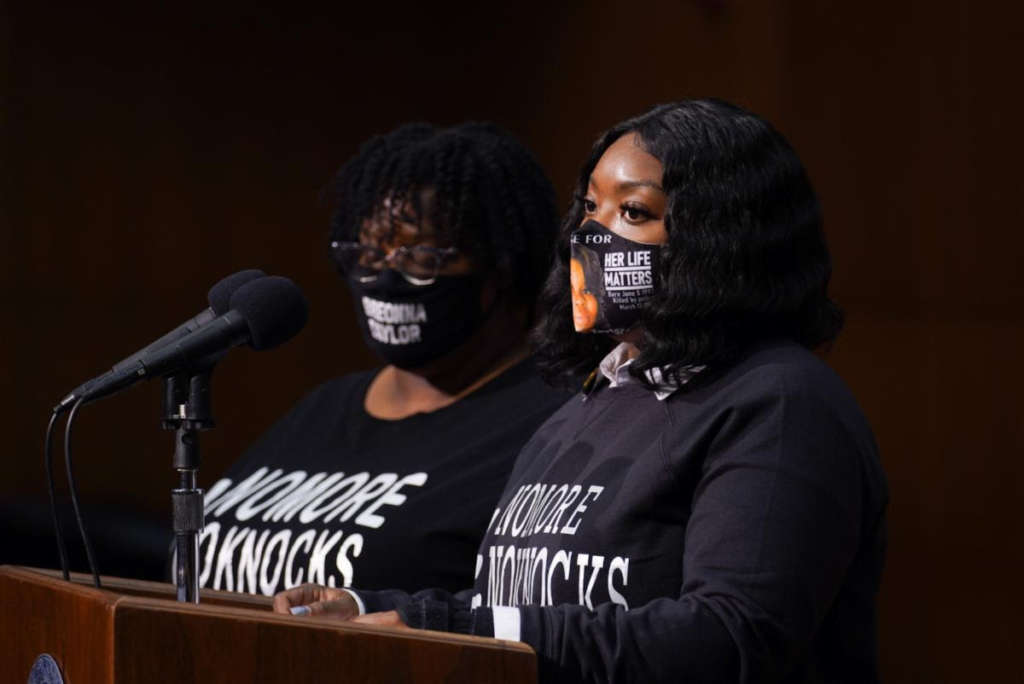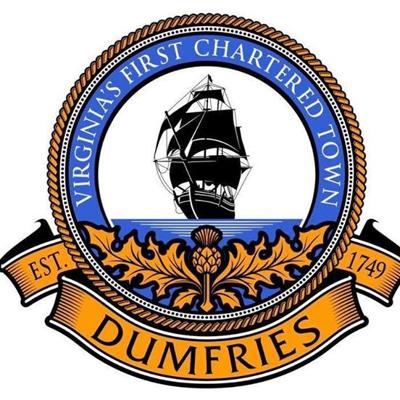Governor Northam Signs “Breonna’s Law”
Virginia becomes the first state to ban no-knock search warrants in response to Breonna Taylor’s death.
Today, the tragic death of Breonna Taylor became a catalyst for change in the way police departments conduct searches across the Commonwealth, as protestors who took to the streets and social media with cries of “#SayHerName” called for accountability for a young Black woman killed in the prime of her life. Although it occurred in another state, Virginia has set the standard to prevent it from happening here.
Earlier this afternoon in Richmond, Virginia, Governor Ralph Northam ceremonially signed “Breonna’s Law” into effect. Sponsored by Delegate Lashrecse Aird and Senator Mamie Locke, the law prohibits the use of no-knock search warrants in the Commonwealth. Virginia is the third state in the country to ban this practice since the tragic death of Taylor, 26, who was killed in March during the execution of a no-knock search warrant in her Louisville, Kentucky home. At the ceremony, Governor Northam was joined by Breonna Taylor’s aunts, Bianca Austin and Tahasha Holloway.

Also taking part was civil rights advocate and attorney Ben Crump, who is representing the family of Breonna Taylor in ongoing litigation and has previously represented the families of George Floyd, Trayvon Martin, Michael Brown, Ahmaud Arbery, and Jacob Blake. “Virginia is leading the way on policing reforms like this one, which will make our communities safer and our criminal justice system more fair and equitable,” said Governor Northam. “While nothing can bring back Breonna Taylor and so many others, we honor them when change laws, when we act to right long-standing wrongs, and when we do the work to make sure more names do not follow theirs.”

Governor Northam formally signed House Bill 5099 and Senate Bill 5030 on October 28, 2020. This year, Virginia passed sweeping new laws to advance police and criminal justice reform, including reducing the militarization of local policing, strengthening law enforcement training, the decertification process, and limiting the use of neck restraints.
Additional information on these measures can be found here.


